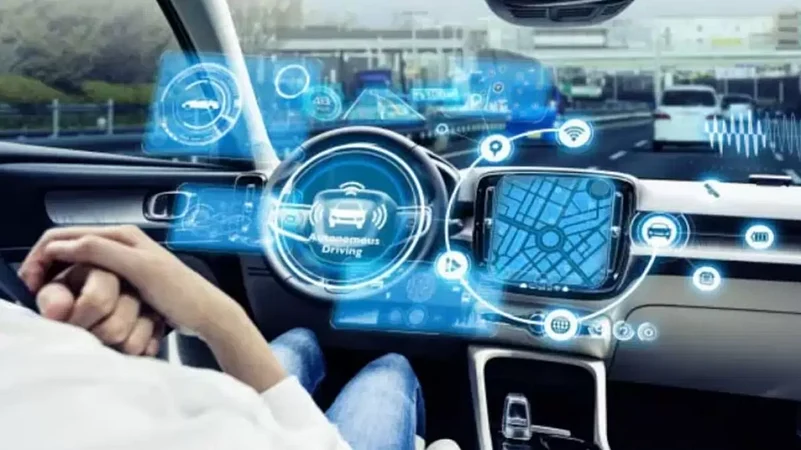In an age where technology and connectivity reign supreme, your car might be harboring a dark secret—it could be compromising your data privacy. A recent study by the Mozilla Foundation has exposed a concerning reality: most major car manufacturers are willing to sell your personal information, and some are even open to sharing it with government or law enforcement agencies without the need for a court order.
The surge in sensors within vehicles, from telematics systems to fully digitized control consoles, has transformed cars into data-collection powerhouses. However, what's alarming is that drivers have little to no control over the personal data their cars gather.
Mozilla Foundation researchers, in their latest "Privacy Not Included" survey, have identified this lack of control as a significant issue. Furthermore, the vague security standards in the automotive industry raise concerns, especially given the history of carmakers being susceptible to hacking.
"Cars seem to have really flown under the privacy radar, and I'm really hoping that we can help remedy that because they are truly awful," said Jen Caltrider, the research lead of the study. "Cars have microphones and people have all kinds of sensitive conversations in them. Cars have cameras that face inward and outward."
For car buyers, especially those opting for modern, digital models, choices to protect their privacy are limited.
The study's findings reveal that cars rank worst for privacy among more than a dozen product categories that Mozilla has studied since 2017. Notably, none of the 25 car brands examined in the study met Mozilla's minimum privacy standards, unlike 37percent of mental health apps reviewed.
Nineteen automakers openly admit they could sell the personal data, and half are willing to share this information with the government or law enforcement upon request. Only Renault and Dacia, unavailable in North America, offer drivers the option to delete their data.
As Albert Fox Cahn, a technology and human rights fellow at Harvard's Carr Center for Human Rights Policy, puts it, "Increasingly, most cars are wiretaps on wheels." The electronics installed in cars, often at a premium, continuously collect data on drivers and passengers, transforming the privacy of a car into a corporate surveillance space.
The Alliance for Automotive Innovation, representing most car and light truck makers in the U.S., called for a federal privacy law to address these issues. They argue that the absence of such a law creates confusion among consumers about their privacy rights and opens doors to data collection for targeted advertising and cyber threats.
Mozilla's minimum standards include encrypting all personal information in a car, but many car brands failed to address this issue adequately. Nissan, however, surprised researchers with its transparency regarding data collection, including sensitive personal information and "genetic characteristics."
The study highlights the need for awareness and action to protect consumer data privacy in the automotive industry, similar to how consumer backlash prompted changes in the TV industry during the 2010s.
바카라 웹사이트














